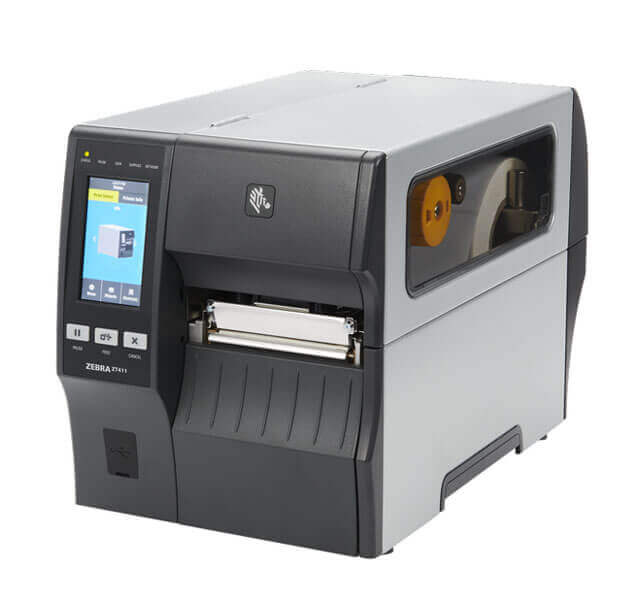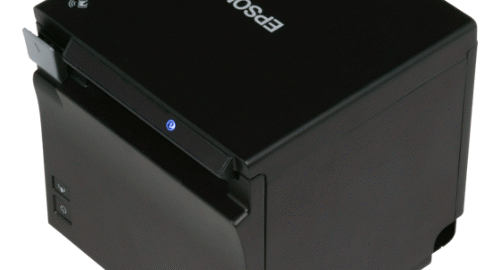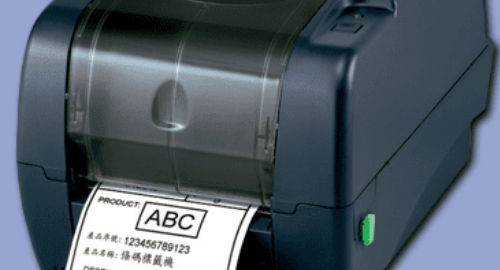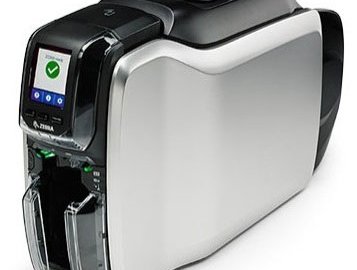
RFID is a wireless communication technology that tracks and automatically identifies tags attached to items using electromagnetic fields. These tags have remotely readable electronically stored information on them. Since RFID does not require a line of sight to read data, it is a more flexible technology than barcodes.
RFID in Data Security:
Access Control: The usage of RFID technology to manage access to systems or secure areas is growing. Employers can make sure that only individuals with the proper authorization can access sensitive places or data by incorporating RFID chips into employee ID badges or keycards. Since RFID access can be readily monitored and altered, this approach is more secure than conventional locks and keys.
Asset Management and Tracking: By attaching RFID tags to priceless assets, businesses can monitor their whereabouts and movements. This is especially helpful in avoiding the loss or theft of delicate equipment, such as computers, servers, and other data storage devices.
Anti-counterfeiting Measures: RFID tags are used to authenticate products in industries such as luxury goods and pharmaceuticals, hence preventing counterfeiting. Businesses and customers can ensure the security and integrity of the brand and its products by scanning the RFID tag to confirm the product’s validity.
Enhancing Cybersecurity: RFID can be integrated into cybersecurity strategies. For instance, adding an extra layer of protection to online transactions and digital resource access through the use of RFID-enabled smart cards for user identification lowers the possibility of cyberattacks and data breaches.
Challenges and Ethical Considerations:
While RFID technology offers significant benefits, it also comes with its set of challenges and ethical considerations:
Privacy Issues: RFID’s capacity to track objects and, consequently, people’s movements, may give rise to privacy concerns. It is essential to make sure that personal data is not exploited or accessed without authorization.
Security of RFID Systems: While RFID improves security in many ways, the technology itself needs to be secured against hacking and unauthorized access. It is imperative to encrypt RFID data and put strong security measures in place.
Cost and Implementation: Putting RFID systems into place can be expensive, and careful planning and execution are needed to integrate them into the current infrastructure.
Future of RFID in Data Security:
The potential for RFID technology in enhancing data security is vast:
Integration with IoT: As the Internet of Things (IoT) expands, RFID device integration with IoT devices can offer a more secure, network with real-time data processing and monitoring.
Advanced Encryption Techniques: To further improve data security, future advancements in RFID technology are probably going to concentrate on developing secure authentication procedures and sophisticated encryption techniques.
Increased Adoption in All Industries: RFID technology is expected to become increasingly widely used in a variety of industries, including healthcare, retail, and even personal identity documents like passports. This will provide more reliable security measures.
Conclusion:
An increasingly digital environment offers a tempting approach to improve data security: RFID technology. Organizations can safeguard sensitive data and assets with great power thanks to its ability to track, authenticate, and regulate access. The potential uses of RFID in data security are developing across a wide range of businesses, despite obstacles including privacy concerns and implementation costs that must be addressed. It’s obvious that RFID technology will have a significant impact on how data security and protection develop in the future.












